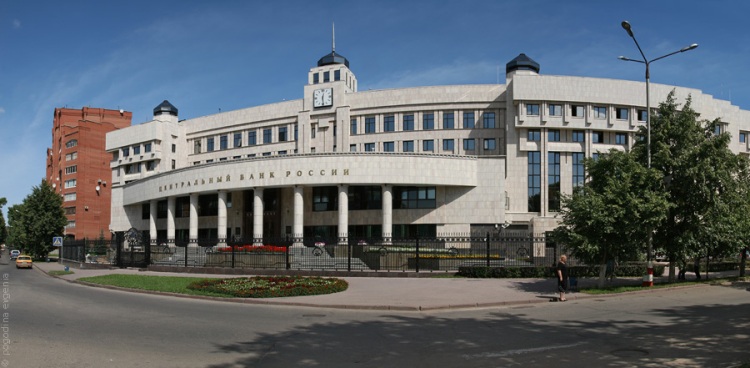Russia pursues payment solutions as Mir card used in just 9 countries
However, banks in some 'friendly' countries, including Turkey, Kyrgyzstan and Tajikistan, halted Mir transactions after the U.S. Treasury included the head of Russia's National Card Payment System (NSPK) on its sanctions list and suggested that those working with the NSPK could also face restrictions. The limited reach of Russian bank cards highlights the wider issue of Moscow's isolation on the global stage.

- Country:
- Russian Federation
Russia's central bank said on Thursday that only nine countries accept the country's Mir payment cards, as Russian officials pursue innovative payment solutions after Western sanctions stymied access to crucial global systems. Russia has been courting 'friendly' countries, those that have not imposed sanctions against Moscow over its actions in Ukraine, but has stopped disclosing which ones accept the cards.
Mir payment cards, Moscow's alternative to Visa and Mastercard, have become more important since U.S. rivals suspended operations in Russia and their payment cards which were issued in the country stopped working abroad. However, banks in some 'friendly' countries, including Turkey, Kyrgyzstan and Tajikistan, halted Mir transactions after the U.S. Treasury included the head of Russia's National Card Payment System (NSPK) on its sanctions list and suggested that those working with the NSPK could also face restrictions.
The limited reach of Russian bank cards highlights the wider issue of Moscow's isolation on the global stage. Although many countries have stopped short of imposing sanctions on Russia, very few are keen to display open support. NSPK head Vladimir Komlev said Mir transactions would be possible in Cuba in the coming months, adding: "We are working on innovative ways of making payments".
The central bank said Mir's development and geopolitical factors had contributed to a 60% increase in Mir card issuance in 2022 to 182.3 million units. "We are seeing very positive dynamics, despite all the external factors," said Alla Bakina, director of the central bank's national payment system department.
She said the bank was working with friendly countries on integrating other Russian transaction systems and wanted to focus on developing cashless payments and contactless technology. Financial sanctions strangled banks' profits in 2022 and have complicated day-to-day banking for Russians who travel abroad or hold foreign currencies and securities.
(This story has not been edited by Devdiscourse staff and is auto-generated from a syndicated feed.)










